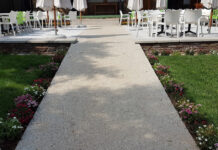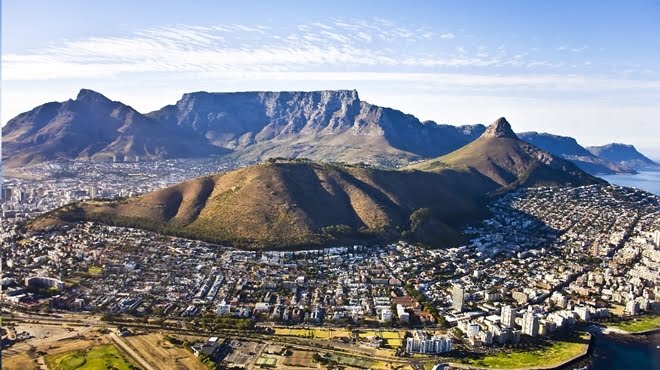Domestic tourism in South Africa has seen a major shift from 2016 to 2017, Statistics SA has revealed.
Not only has there been a general increase in domestic tourism, there has been a marked shift towards day trips – with the number of day trips outstripping overnight trips.
What’s more, despite travelling more, domestic travellers are spending less on their travels.
According to the Domestic Tourism Survey (DTS) 2017, the number of day trips increased from 39.4 million in 2016 to 48 million in 2017.
Overnight trips, meanwhile, though also growing, saw a smaller increase – from 43 million in 2016 to 44.4 million in 2017.
More travelling, less spending
However, the amount of money spent on day trips and overnight trips both decreased from 2016 to 2017.
Stats SA said this was driven mostly by a decrease in spending on accommodation, food and beverages, recreation and culture, and shopping.
Visits to friends and relatives were the most common reasons for undertaking overnight trips. In most of these cases, travellers did not make use of paid accommodation.
Where we’re visiting – and why
Most day trips were taken for shopping purposes.
It wasn’t always SA’s biggest economic hubs or most famous shopping malls that saw the retail action. Shopping was the main reason people travelled to provinces like the Northern Cape, Limpopo, the Eastern Cape, Kwa-Zulu Natal and Mpumalanga.
Meanwhile, travellers primarily visited Gauteng, Kwa-Zulu Natal and the Eastern Cape to visit friends and relatives.
Most tourists travelled to the Western Cape for leisure purposes, with visits to friends and relatives being the second-most popular reason for visiting this province.
Travel for religious purposes was most prevalent in Limpopo.
In 2016 and 2017, Gauteng, Limpopo and Western Cape were the most popular destinations for day travellers, whereas those who undertook overnight trips mostly preferred visiting Limpopo.
Who’s travelling, and for how long
From January – December 2017, the black population group took the most day trips (67.8%) followed by whites (21.9%), said Stats SA.
Blacks undertook the most overnight trips (34 million) too, compared to whites (7 million), coloureds (3 million) and Indians/Asians (1.1 million).
Most tourists spent up to one week at their destinations on an overnight trip – five nights on average. Staying with friends and relatives was most popular, with the Western Cape and KwaZulu-Natal spending relatively more on accommodation.
Taxis and cars were the most popular mode of transport, with six out of 10 trips mainly with taxis.
“Tourism has the potential to make a significant contribution to the SA economy and it is targeted by government as one of the industries for future economic growth in the country,” said Stats SA.
Source:















